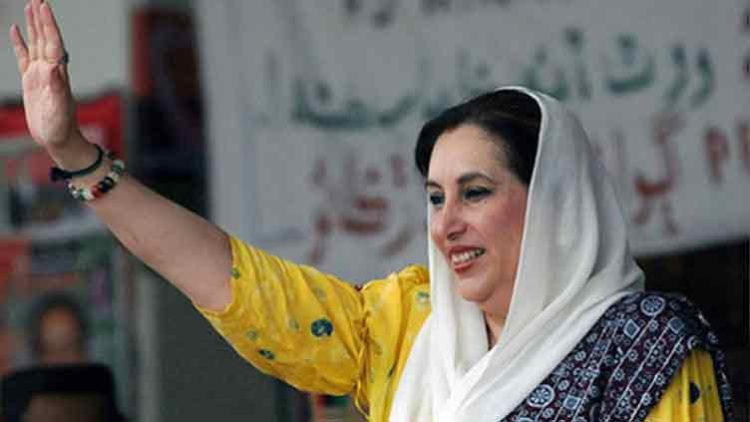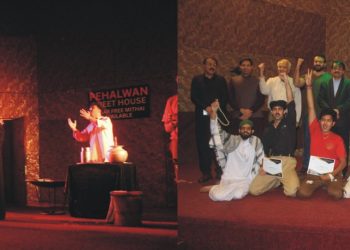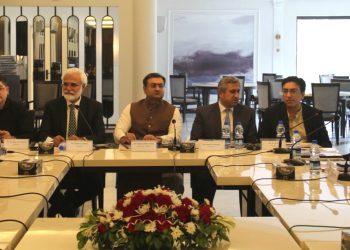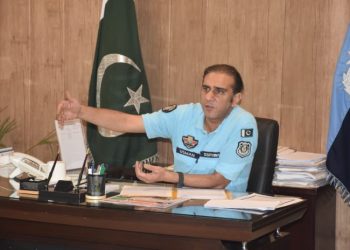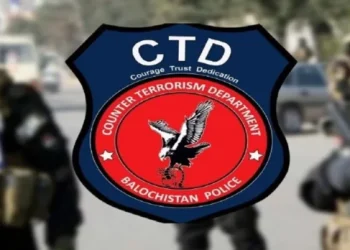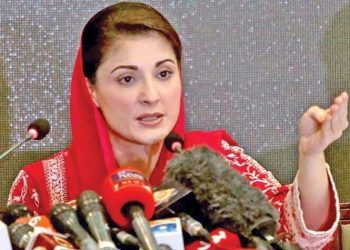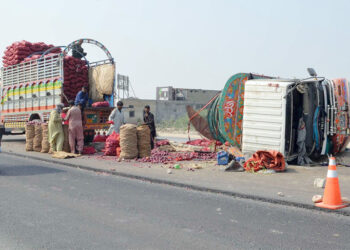Staff Reporter
Islamabad:The 17th death anniversary of Benazir Bhutto, who was the first woman prime minister of any Muslim country, was observed in Pakistan on Friday. The Pakistan Peoples Party (PPP) planned events to mark the day at Garhi Khuda Bakhsh and elsewhere in the country. Part of the plan was a public meeting wherein PPP leaders led by President Asif Ali Zardari and Bilawal Bhutto-Zardari rekindled the fond memories of “a courageous leader who stared in the eyes of death.”Some detractors of the late political leader made no secret of their feelings by launching a vilification campaign against her and besmearing her name with all kinds of derogatory labels but a large number of people, including her party workers and camp-followers, mourned the tragedy they bitterly felt. On the fateful evening of Dec 27, 2007, the bullet that pierced through her neck left indelible scars in the hearts and minds of millions who were either associated with her or even those who distantly knew her. It was the land to which she belonged that bled most profusely.“I pray to Allah that I do not die abroad but in my own country,” was what she had uttered a few days before her death. How prophetic these words turned out to be as those who were close to her could bear testimony to the fact that she somehow had premonition about her death. It’s no surprise she had written her will under difficult circumstances, and eventually embraced death.Writing about Ms Bhutto requires much more than employing high-sounding adjectives and cliches. She was considered by her supporters an astute and charismatic leader who stood for the ‘politics of reconciliation’ and championed the cause of democracy. What set her apart from the politicians of her time and many of those before her was her care for the poor and downtrodden. Irfan Hussain, a leading intellectual and journalist, paid a glowing tribute to Benazir Bhutto by recalling her care for the hapless. “…One thing she shared with her father was his genuine concern for the poor. Unlike those who practised their politics in drawing rooms and military establishments, both Bhuttos spent much time with the dispossessed and the vulnerable.


